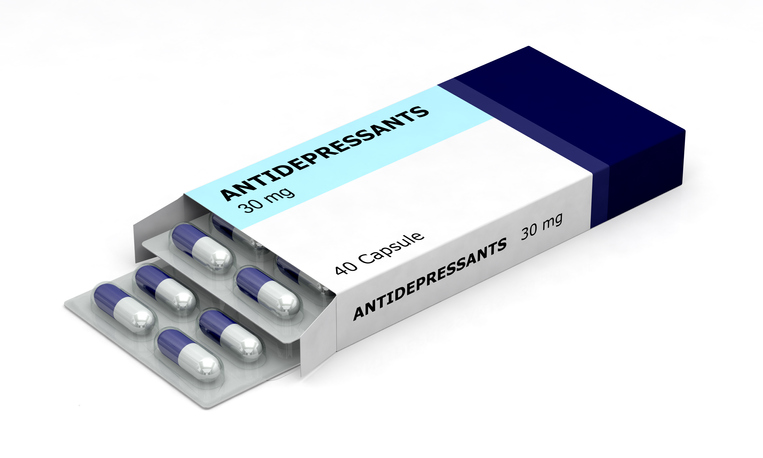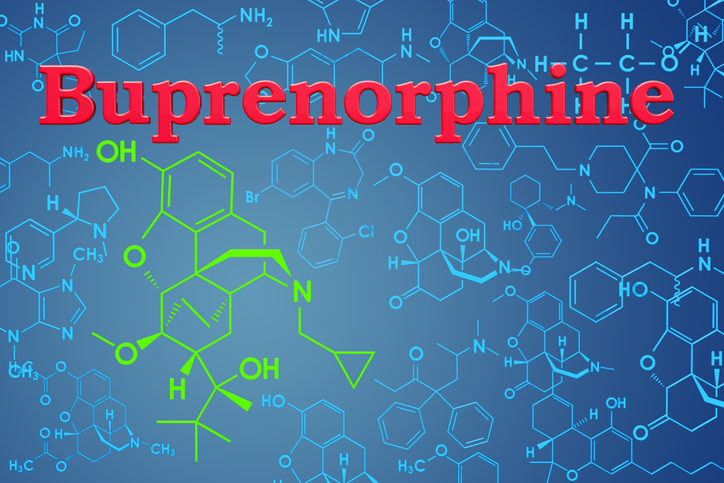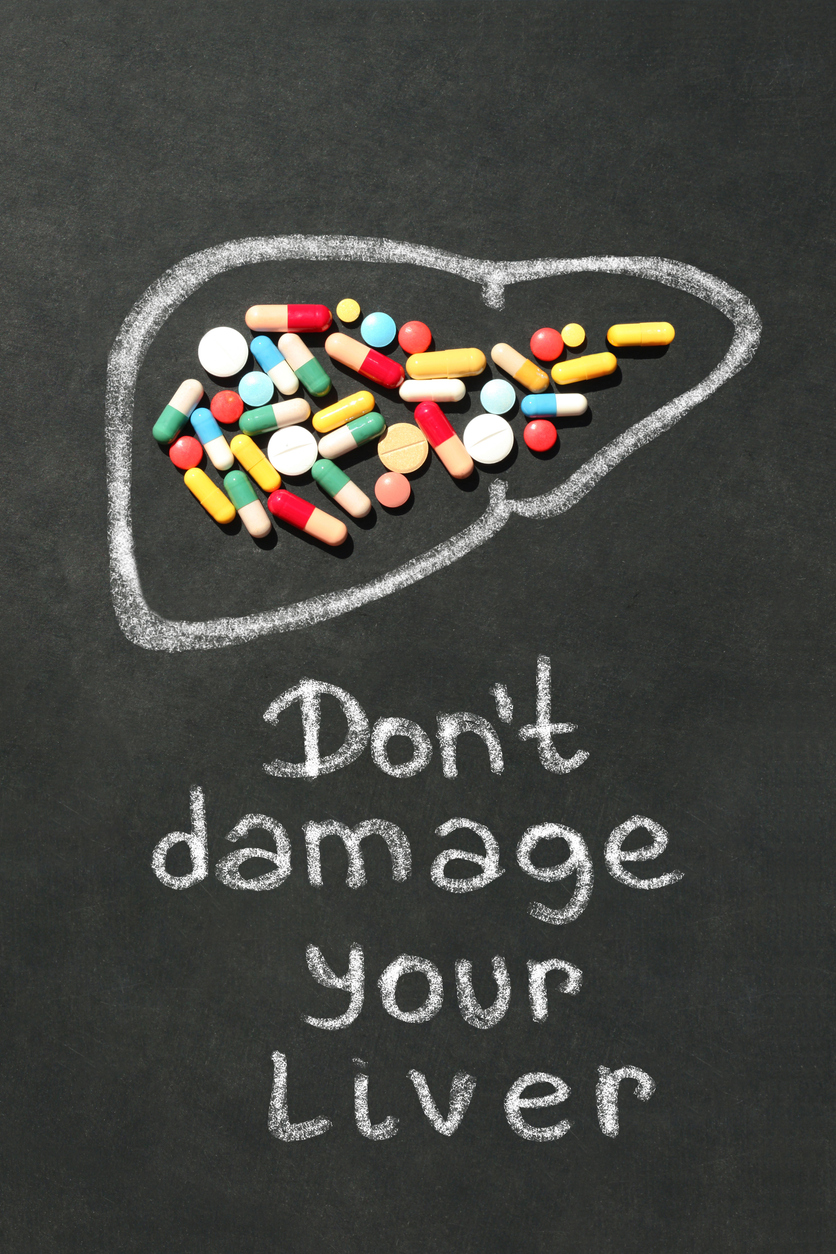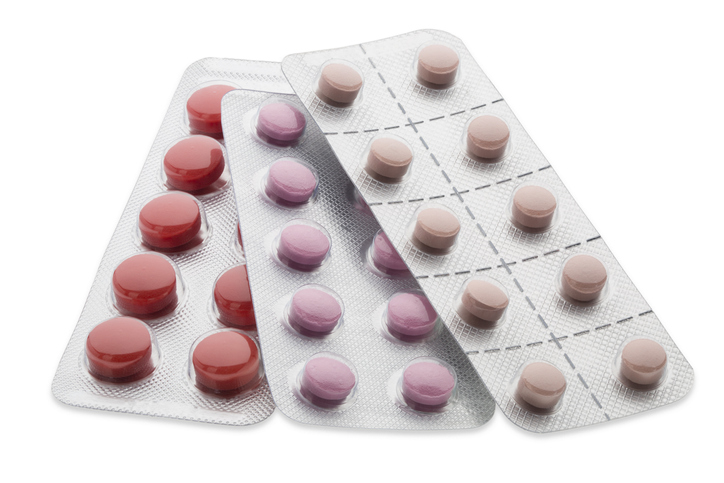Treatments
Antidepressants
Antidepressants are a broad range of drugs that treat depression by altering brain chemicals to reduce restlessness, anxiety, and sleep disorders. These drugs work by altering the functioning of brain regions that are controlled by neurotransmitters, which transfer messages between brain cells. Antidepressants are also used to improve mental state or mood. Antidepressants have been broadly used in the treatment of many chronic pain syndromes, such as nerve-related pain disorders (neuropathy).
25 people found this helpful
Print
Share
Save
Common side effects from taking antidepressants might include: jitteriness, dry mouth, nausea, increased appetite, weight gain, loss of sexual desire, erectile dysfunction, fatigue, drowsiness, insomnia, blurry vision, constipation, dizziness, agitation, irritability, and anxiety. More serious side effects can include the increased risk of suicidal thoughts and behavior.
This is not a complete list of side effects and others may occur. Call your doctor for medical advice about side effects. You may report side effects to the FDA at 1-800-FDA-1088.
Did you find this helpful?
You may also like
















